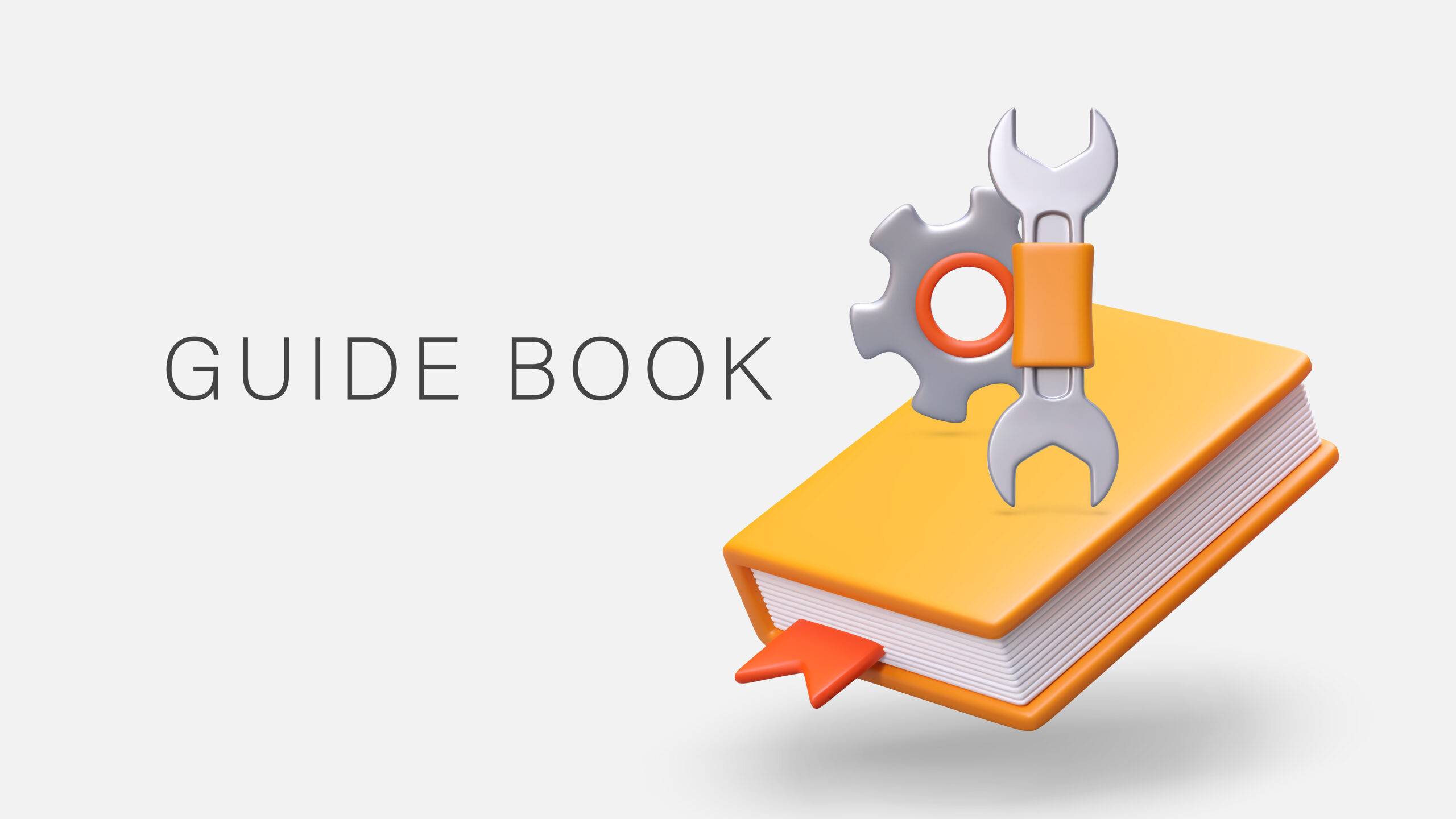Self-Study
Essentials of Developing Information for Management
Learn to develop financial data management techniques. Turn your data into action.

$174.00 – $204.00
Webcasts are available for viewing Monday – Saturday, 8am – 8pm ET.
Without FlexCast, you must start with enough time to finish. (1 Hr/Credit)
Please fill out the form below and we will reach out as soon as possible.
CPE Credits
6 Credits: Accounting
Course Level
Overview
Format
Self-Study
Course Description
The crux of effective accounting lies not just in crunching numbers, but in clearly communicating vital information to facilitate management decisions. Essentials of Developing Information for Management, led by Steven Bragg, tackles the common problem of data overload and miscommunication in accounting departments. This accounting CPE course highlights the challenges of conveying complex financial data in a simplified format while also stressing the importance of cash protection, effective collection processes, and budgeting systems as spending controls. Learn techniques for managing essential data and enhance the decision-making processes. This CPA accounting CPE course is a must for accounting professionals keen on refining their communication strategies and playing a pivotal role in informed management decision-making.
Learning Objectives
Upon successful completion of this course, participants will be able to:
Chapter 1
- List a common line item found in a flash report
- Specify when a rate variance may use a different designation
- Define a volume variance in direct labor
- Calculate selling price variance when given a set of variables
- Name a possible cause of poor sales volume variance
Chapter 2
- Cite a cause of material yield variance
- State a way to eliminate the lag in the daily bank deposit due to cash application
- Name a bank lockbox advantage and an alternative to it
- Define remote deposit capture
- Identify tasks that can be performed by online payment apps
Chapter 3
- Identify issues that can be resolved with a courtesy call
- Define the grace period
- Cite an area where A-B testing is useful
- Name a risk that results from freezing customer orders
- Define a postdated check
- Specify when to use the promissory note approach or file a claim in small claims court
Chapter 4
- Identify the necessity for having different budget iterations
- List ratios that help to enhance a budget model’s reasonableness
- Cite an issue that may occur when changing from a material requirements system to a just-in-time system
- Calculate direct material purchases
- Specify when the crewing method would be used in budgeting
- State expenses that are part of specific budgets
Chapter 5
- Define constraint analysis and throughput
- Name a reason that payback method is helpful for analyzing the capital budget
- Cite why a post-installation review is conducted
Course Specifics
1143399
October 7, 2022
There are no prerequisites.
None
131
Compliance Information
CMA Notice: Western CPE makes every attempt to maintain our CMA CPE library, to ensure a course meets your continuing education requirements please visit Insitute of Management Accountants (IMA)
CFP Notice: Not all courses that qualify for CFP® credit are registered by Western CPE. If a course does not have a CFP registration number in the compliance section, the continuing education will need to be individually reported with the CFP Board. For more information on the reporting process, required documentation, processing fee, etc., contact the CFP Board. CFP Professionals must take each course in it’s entirety, the CFP Board DOES NOT accept partial credits for courses.
Meet The Experts

Steven M. Bragg, CPA, is a full-time book and course author who has written more than 300 business books and courses. He provides Western CPE with self-study courses in the areas of accounting and finance, with an emphasis on the practical application of accounting standards and management techniques. A sampling of his courses include the The New Controller Guidebook, The GAAP Guidebook, Accountants’ Guidebook, and Closing the Books: An Accountant’s Guide. He also manages the Accounting Best Practices podcast. Steven has been the CFO or controller of both public and private companies and has been a consulting manager with Ernst & Young and …
Related Courses
-
 Accounting
Accounting
Accountants’ Guidebook
Steven M. Bragg, CPA QAS Self-Study
Credits: 30 $600.00
QAS Self-Study
Credits: 30 $600.00$600.00 – $640.00
-
 Accounting
Accounting
Accounting Fraud: Recent Cases
Joseph Helstrom, CPA QAS Self-Study
Credits: 1 $29.00
QAS Self-Study
Credits: 1 $29.00$29.00 – $49.00
-
 Accounting
Accounting
GAAP Guidebook
Steven M. Bragg, CPA QAS Self-Study
Credits: 29 $580.00
QAS Self-Study
Credits: 29 $580.00$580.00 – $620.00
